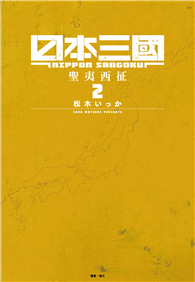Cholera is a key indicator of insufficient socio-economic development and a threat to public health worldwide. We conducted this study with the aim of describing the risks of a cholera epidemic in the Kadutu health zone following the shortage of drinking water. This was a descriptive cross-sectional study conducted from May 2024 to August 2024. The sampling was simple random, which included 385 people, the data were collected by KoboCollect and analyzed in Epi Info 7.2.In total, 385 people were interviewed of which the totality of the subjects were informed about cholera, the sources, the modes of transmission, the signs, and the means of prevention with as source of information; the media (76,1%) followed by 18,96% for the community relays, with 51,43% having confirmed the insalubrity and the lack of hygiene. The issue of sanitation is a major factor in cholera prevention, as is the application of other essential measures to combat the disease. It is very important that the political, administrative and health authorities get their act together to tackle this scourge.
| FindBook |
有 1 項符合
Shortage of drinking water in South Kivu, risk of cholera epidemic的圖書 |
 |
Shortage of drinking water in South Kivu, risk of cholera epidemic 作者:Cirimwami 出版社:Our Knowledge Publishing 出版日期:2024-10-06 語言:英文 規格:平裝 / 52頁 / 22.86 x 15.24 x 0.3 cm / 普通級/ 初版 |
| 圖書館借閱 |
| 國家圖書館 | 全國圖書書目資訊網 | 國立公共資訊圖書館 | 電子書服務平台 | MetaCat 跨館整合查詢 |
| 臺北市立圖書館 | 新北市立圖書館 | 基隆市公共圖書館 | 桃園市立圖書館 | 新竹縣公共圖書館 |
| 苗栗縣立圖書館 | 臺中市立圖書館 | 彰化縣公共圖書館 | 南投縣文化局 | 雲林縣公共圖書館 |
| 嘉義縣圖書館 | 臺南市立圖書館 | 高雄市立圖書館 | 屏東縣公共圖書館 | 宜蘭縣公共圖書館 |
| 花蓮縣文化局 | 臺東縣文化處 |
|
|
圖書介紹 - 資料來源:博客來 評分:
圖書名稱:Shortage of drinking water in South Kivu, risk of cholera epidemic
|











